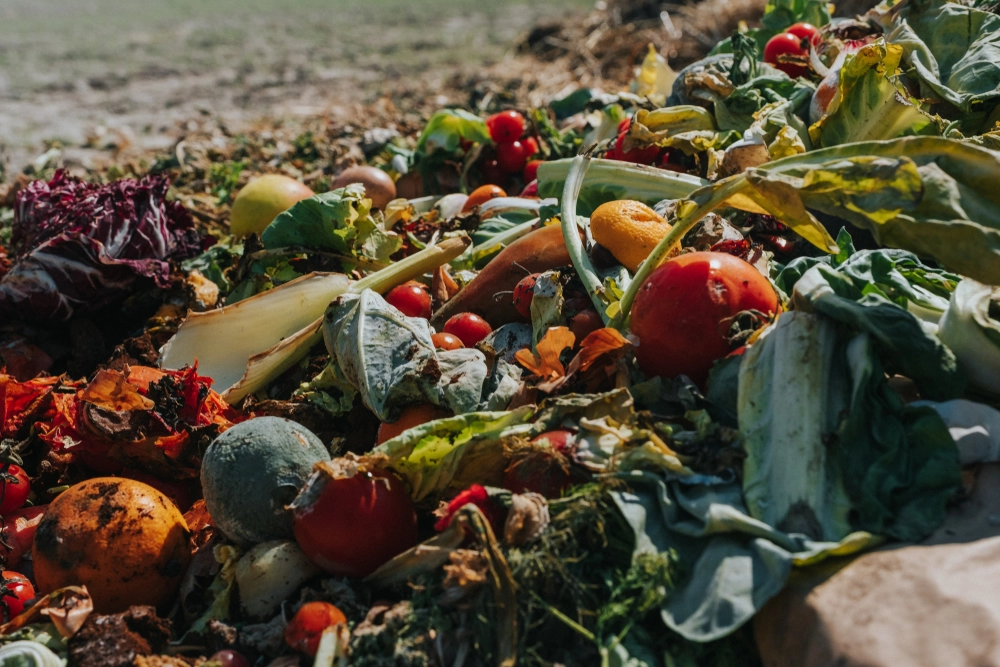Register to MarketScale.com for Jonathan Deutsch episodes, events, and more.
Recent Posts

From Lab to Table: Perfecting Plant-Based Meats for the Meat-Eaters' World
Jonathan Deutsch - November 17, 2023With hopes of targeting traditional meat eaters and vegans alike, Kellogg's MorningStar Farms has introduced a new plant-based burger that claims to combine the taste and texture of traditional meat with nutritional advantages. Notably, a recent study showed that taste was a key factor in attracting and retaining plant-based product consumers.
Read more
Restaurant Businesses That Want to Attract and Retain Talent Must Offer Competitive Wages and Innovative Programming to Employees
Jonathan Deutsch - August 2, 2023The landscape of restaurant businesses is in the balance of a major shift, grappling with a scarcity of skilled labor even as it strives to rebound from the pandemic. According to the National Restaurant Association, the year 2023 has proved monumental for the restaurant industry with sales expected to reach $997 billion.
Read more
Consumers’ Willingness to Pay for Upcycled Foods
Jonathan Deutsch - July 27, 2020Research on food waste reduction suggests that solutions aimed at reducing waste early in the consumption cycle are the most impactful. Based on this premise, food research labs and food manufacturers have started creating and selling foods made from food ingredients that are generally discarded. Such foods, termed upcycled foods, are safe for human consumption and provide a promising solution to reduce food waste. However, the commercial success of this new category of foods will depend on consumers’ acceptance. This research examines a key indicator of acceptance – consumers’ willingness to pay. We find that although consumers are willing to pay less for upcycled foods compared to conventional alternatives, messaging increases consumers’ willingness to pay. Specifically, we find that rational messaging is more effective than emotional messaging. Overall, our findings suggest that upcycled foods may command good acceptance among consumers.
Read more
Addressing Food Waste: How to Position Upcycled Foods to Different Generations
Jonathan Deutsch - July 1, 2020Food waste is a global crisis that paradoxically exists alongside food scarcity. A promising solution to these connected problems of food insecurity and food waste is upcycled foods. Upcycled foods are made from ingredients that are usable but generally discarded. While upcycled foods can help reduce food waste, little is known about the best market strategy for these foods. This research investigates how consumers from different generations perceive upcycled foods. Our findings show that Gen Z, Gen Y, and Baby Boomers have higher intentions to purchase upcycled foods while Gen X shows lower intentions to purchase because of quality concerns. The present research also explores lifestyle patterns of each generation. Based on lifestyle analyses, positioning strategies for upcycled foods are proposed.
Read more
Culinary Scientists Collaborating with City Health Department and Manufacturers to Improve Public Heath: A Case from Philadelphia’s Sodium Reduction in Communities Program
Jonathan Deutsch - September 27, 2019Philadelphia has high rates of chronic disease, including hypertension and diabetes, which can be mitigated through reduction of dietary sodium intake. To address this, the City of Philadelphia instituted nutrition standards to reduce sodium in meals served by city departments. Noting some compliant foods were hard to find, the Philadelphia Department of Public Health (PDPH) partnered with the Drexel Food Lab (DFL) to reformulate popular foods to contain less sodium. This paper details the process of sodium reduction in a Philadelphia staple, the hoagie roll, and shares the success of its implementation in over 1.6 million rolls purchased annually by the public school system.
Read more








